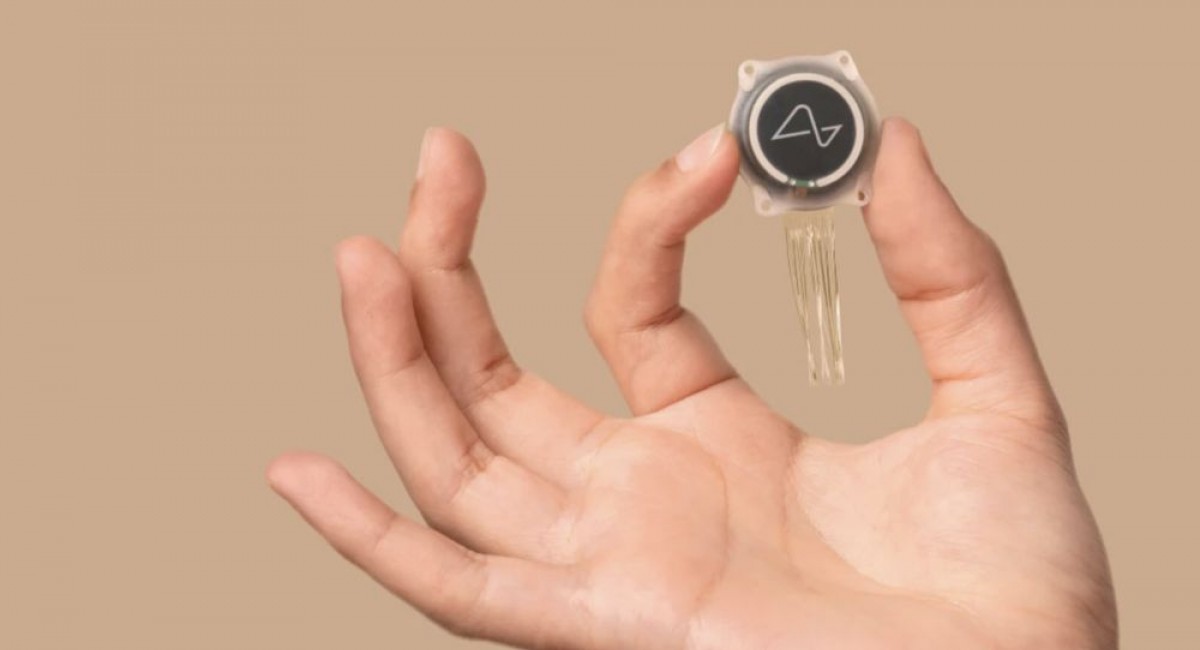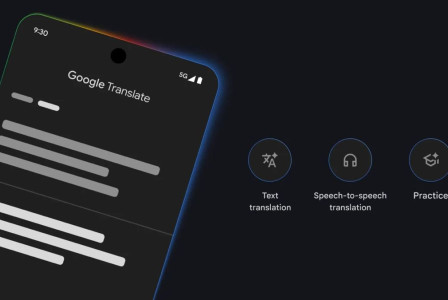SEARCH
Neuralink implanted its chip into o human's patient brain for the first time

SHARE IT
Elon Musk's Neuralink neurotechnology startup has successfully implanted its first N1 chip into a human patient's brain, according to an announcement on Twitter. Neuralink plans to begin its first human clinical study in 2023, after FDA permission.
According to Musk, the first human patient had a N1 chip implant on Sunday. "Initial results show promising neuron spike detection," said the CEO of both Neuralink and X.
The N1 chip is implanted in the patient's skull and connects to the brain using microscopic threads thinner than human hair. The threads include 1,024 electrodes that can take up signals and trigger millions of brain neurons at once. The signals are sent wirelessly for processing and interpretation.
The technique is known as brain-computer interface (BCI). Neuralink launched its product in 2017 after operating in stealth mode since its inception in summer 2016. It took Neuralink another seven years to enter the human testing phase. Meanwhile, the business unveiled the R1 surgical robot, which is designed for precise, rapid, and safe brain chip insertion.
"[Neuralink] allows you to operate your phone or computer, as well as nearly any other device, by simply thinking. "The first users will be those who have lost the use of their limbs," Musk continued on X. Elon Musk later stated that the brain-computer interface is the only method to eventually bring humanity up to par with artificial general intelligence (AGI).
In principle, brain-computer interfaces can provide significant advantages to patients whose lives have been significantly disrupted by illnesses or accidents. We are not just talking about paralyzed individuals walking again, but also about restoring the capacity to see and even increasing humans' general capacities, such as managing technological gadgets by thinking.
However, the technology still need years of development, and because engineers and physicians are interfering with the human brain, there are significant hazards involved. In recent years, the firm has faced widespread criticism for suspected mismanagement of animal testing on monkeys and pigs, as well as purported efforts to conceal the fate of its animals from the public.
MORE NEWS FOR YOU

 Help & Support
Help & Support 

